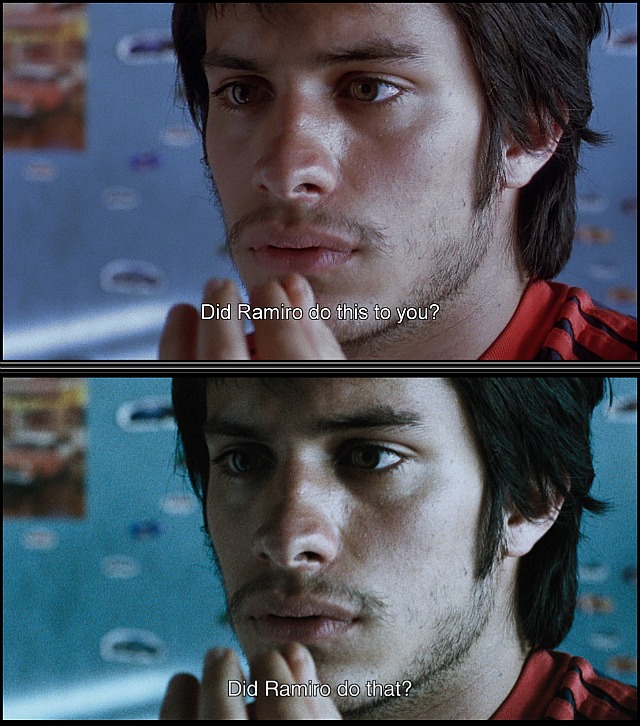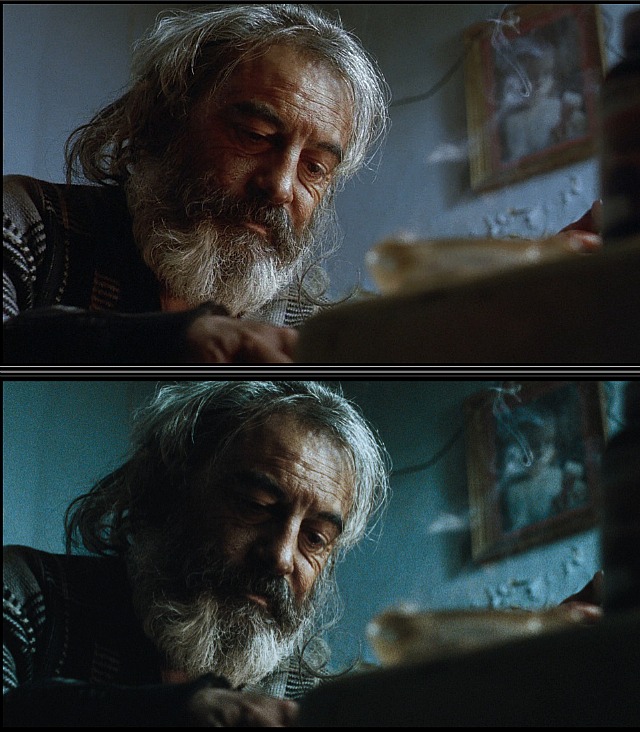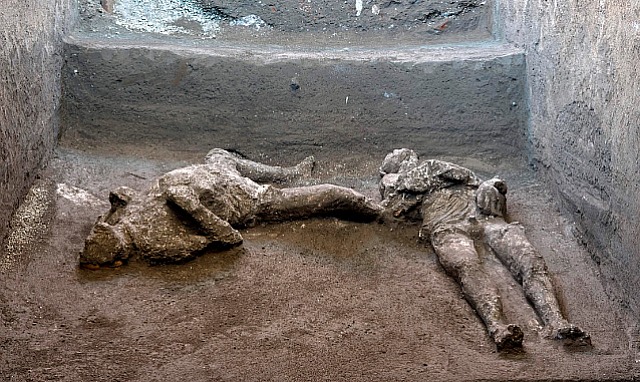Variety‘s Clayton Davis has posted an updated list of the Top Ten Likeliest Best Picture Nominees, and I’m telling you right now that at least three of his picks are somewhat questionable. I’m speaking of Emerald Fennell‘s Promising Young Woman, Shaka King‘s Judas and the Black Messiah and Ryan Murphy‘s The Prom.
The safest bets on Clayton’s list are Nomadland, Mank, The Trial of the Chicago 7, Minari and The Father (5). The soft positives are One Night in Miami and Ma Rainey’s Black Bottom (2).
If The Prom lands a Best Picture nomination…well, let’s hold up on that puppy.
It may be that Promising Young Woman will land a Best Picture nomination as a gesture of respect. It has its finger on the pulse, so to speak, and it’s an impressive film for its hardcore asshole-hating sensibility and its refusal to offer even a semblance of a warm, reassuring, semi-fuzzy ending. It’s a mark of integrity to stick to your guns the way Emerald Fennell has. I’d nonetheless be very surprised if a film this didactic and hate-driven turns out to be Best Picture nominated. Respected, yes. Ballsy, yes. But that may be all.
I’ve asked around and it doesn’t appear as if any of the usual in-the-loop handicappers have seen Judas and the Black Messiah. One naturally wonders if Clayton knows someone associated with the film, etc.
Judas and the Black Messiah seems to be basically a riff on John Ford‘s The Informer, minus the alcoholic Gypo Nolan factor. Lakeith Stanfield‘s performance as the FBI snitch William O’Neal, who infamously ratted out Black Panther organizer Fred Hampton, would have to be the central figure, I would imagine.
I’m sorry but Judas and the Black Messiah strikes me as overly “on the nose” for a movie title. Hampton wasn’t a “black messiah” by any definition I’m familiar with. The term generally alludes to perhaps a deliverer of some kind, or some kind of holy figure who might bring a measure of salvation to followers. Hampton was a hardcore Black Panther and a respected organizer who had a certain profile in New Left circles in Chicago. The FBI regarded him as an incendiary figure, but he wasn’t famous. He wasn’t Eldridge Cleaver or Bobby Seale or Stokely Carmichael. He had a certain profile, and of course he was killed (in December 1969) before the famous Radical Chic party thrown by Leonard and Felicia Bernstein, which had invited Don Cox as a guest of honor.
It just seems a bit excessive to call Hampton a messianic figure, and then to identify O’Neal as a “Judas”…yes, he was that but to label him as such in the title seems so sledgehammer. It indicates to me that the film may follow suit. Who knows?
When Sergio Leone titled his famous 1966 spaghetti western The Good, The Bad and The Ugly ,he didn’t specifically allude to the fact that Clint Eastwood was playing “the Good”, Lee Van Cleef “the Bad” and Eli Wallach “the Ugly.” The title allowed you to think that maybe all three characters possessed these characteristics in equal measure. It allowed you to think that it wasn’t necessarily a settled issue.



